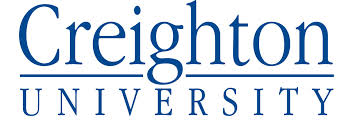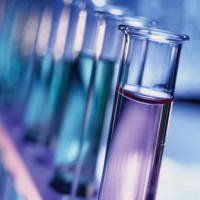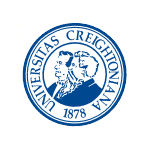NCER Position Statement on Use of Fetal Tissue in Research
August 6, 2015
The Center for Medical Progress videos showing Planned Parenthood harvesting and allegedly selling organs and body parts from aborted human beings prompts NCER to restate our principles about the unethical nature of fetal tissue research. The following are some of the key principles contained in NCER’s longstanding Position Paper on Aborted Fetal Tissue.
- Human embryos and fetuses are human beings in their earliest stages of development.
- Every human being has a right
The NCER Position on Aborted Fetal Tissue Research
POSITION SUMMARY
The Nebraska Coalition for Ethical Research (NCER) opposes the use of human fetal tissue or cells derived from induced abortions. Such use involves complicity with the immoral act of abortion and violates the principle of informed consent. NCER supports the use of human fetal tissue derived from naturally occurring deaths such as miscarriages, stillbirths, or ectopic pregnancies.
EXPLANATION
Science
The process of obtaining and processing fetal tissue from induced abortions for use in …
2 Comments
Supercharging Stem Cells to Create New Therapies
As seen in Science Daily:July 3, 2015
Source:University of Adelaide
Summary:
A new method for culturing stem cells has been developed, which sees the highly therapeutic cells grow faster and stronger. Stem cell therapy is showing promising signs for transplant patients, and the IL-17 treated stem cells should be even more effective at preventing and treating inflammation in transplant recipients — particularly controlling rejection in transplant patients.
Researchers at the University of Adelaide have discovered …
Gene-Sequence Swap Using CRISPR to Cure Hemophilia
As seen in Science Daily – July 23, 2015
Source: Institute for Basic Science
Summary:
For the first time, chromosomal defects responsible for hemophilia have been corrected in patient-specific iPSCs using CRISPR-Cas9 nucleases. Hemophilia A occurs in about 1 in 5,000 male births and almost half of severe cases are caused by identified “chromosomal inversions.” In a chromosomal inversion, the order of the base pairs on the chromosome are reversed so the gene doesn’t express …
Stem Cell Therapy for Pediatric Stroke:Clinical Trial Launched
as seen in BioInsights
In News by Sarah Freeston
The efficacy of autologous stem cell therapy for children who have been diagnosed as having a prenatal or perinatal stroke is being tested in an FDA-regulated clinical trial, it has been announced. The hope is that the stem cells will help to repair to damage caused by the stroke and ease the often debilitating symptoms.
The launch news came from Cord Blood Registry® (CBR®), the world’s …
NCER states position on use of CRISPR/Cas-9
Nebraska Coalition for Ethical Research encourages the continued use of CRISPR/Cas-9 in animal research and in adult human cell cultures as a means toward it’s eventual safe and efficacious use for the correction of disease genes in adult human beings.
NCER agrees with the calls for a self-imposed moratorium and an international meeting on the use of CRISPR/Cas-9 for germline genetic engineering on human embryos or human germ cells.
However, regardless of the outcome of …
Jun
A guide to CRISPR, the human gene-editing tool that has scientists excited — and terrified
We are now one step closer to designer babies. Using a technique called CRISPR, geneticists in China recently modified the DNA of nonviable human embryos and published the results in the journal Protein & Cell.
Editing the genetic material of human embryos was a first — and the April 18 publication of the results set off a cascade of awe and controversy.
“While these embryos will not be growing up into genetically modified people,” …
NHS to give volunteers ‘synthetic blood’ made in laboratory within two years
- SUNDAY 28 JUNE 2015
The first attempt at giving human volunteers “synthetic blood” made in a laboratory for the first time will take place within the next two years, the NHS has announced.
…Gene, stem cell therapies may have far-reaching implications for coronary artery grafts
 As seen in Science Daily – June 9, 2015
As seen in Science Daily – June 9, 2015
Source:Creighton University
Summary:Researchers are exploring the potential for gene and stem cell therapy in coronary artery bypass grafts to prevent re-occlusion in the grafted vein. Based on animal studies, the team is seeing a marked improvement in preventing re-occlusion, with no side effects
A Creighton University researcher has received a National Institutes of Health grant to study the effects of gene and stem cell therapy in …
Jun
Help NCER Reach Our Goals
Please help Nebraska Coalition for Ethical Research (NCER) continue to grow and advance our statewide advocacy for biomedical research that promotes the life, dignity and rights of every human being regardless of their developmental stage.
NCER has been chosen to participate in this years’ Omaha Gives! fundraising event. Omaha Gives! is a 24-hour online giving event organized by the Omaha Community Foundation to grow philanthropy in Douglas, Sarpy, and Pottawattamie counties. The goal is to …
May





